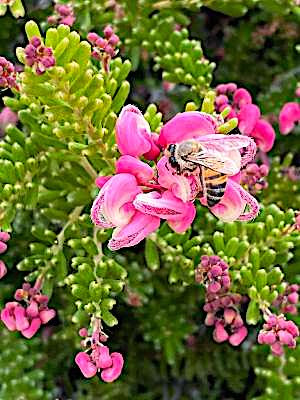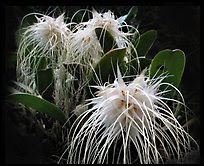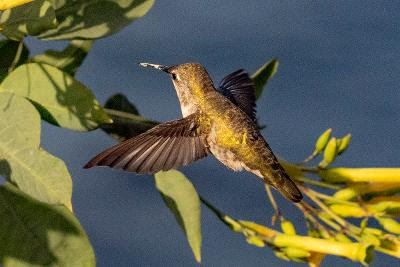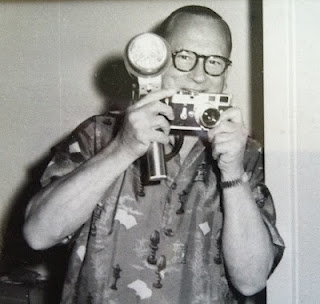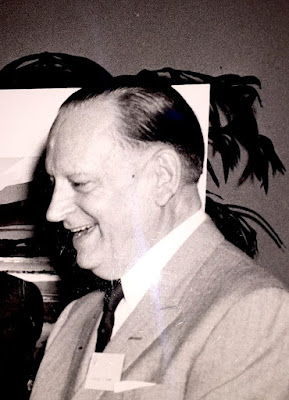
"Every day is one more reminder from Mother Nature that I'm not in control."
- Joe Lamp'l creator of Joe Gardener https://joegardener.com/about/
Gardening provides a way to practice acceptance beyond perfectionism. No perfect garden exists. Bugs and birds eat plants and poke holes into leaves. Creatures come in to nibble. Weather challenges. Plants grow faster than others, then just wilt. Others sprout and create color and scents.
Change in a garden occurs all the time. A garden helps us learn to go as it grows. Joe Lamp'l says, "pursuit of perfection is a waste of time—especially in the garden. So don't bother!"
Acceptance in the garden or in other situations does not mean giving up. We bring our best efforts to what we can control and release the rest. With gardening that means "preparing the best environment you can possibly make for your plants," says Lamp'l, "and allowing nature to take it from there. Your garden (like your life) is in bigger hands than yours."
With a growth mindset, we're constantly learning. When something doesn't work out as planned, it serves as a learning opportunity rather than a "failure." Mistakes mean more learning and more growing. We can even look forward to our mistakes and create onward.
"I love making mistakes," said Lamp'l, "because I look at them as a chance to learn something new. Through those mishaps, you can understand what happened and why, and you can be empowered to relate that learning to new things."
The Japanese expression "shinrin-yoku" means "forest bathing." It captures the experience of being immersed in green. Research has found submersion in natural landscapes helps with depression and illness recovery. Looking out on a green landscape lessens anxiety and promotes other positive effects.
Lamp'l described finding his "Zen moment" in his garden, where he tunes in to his experience.
"That's sacred time for me," he said. "When I'm out there weeding, I want to hear the birds."
A garden provides a place to move away from negative news or computer activity and experience nature's offerings.
With vegetables grown there, a garden provides fresh and healthy foods. Studies in this area tend to find benefits of the "Mediterranean" diet and similar types, which emphasize consuming minimally processed whole foods. Items that your garden will yield. Growing your own food provides an added positive.
Connections with others happen in a garden offering advice and sharing benefits of techniques.
Make a plan to start a garden. If you enjoy one new, keep it growing.
Begin with flowers and plants. Add others as you discover scents and colors of interest.
Bring the outside inside.
Add greens and blooms to all your rooms.
More on gardening: